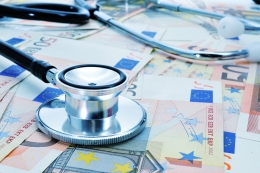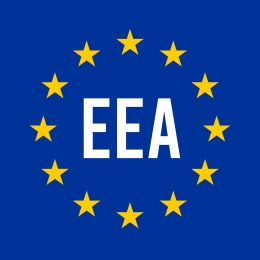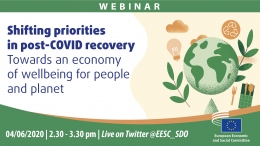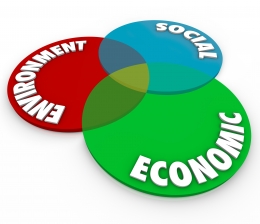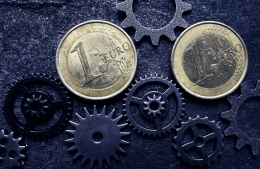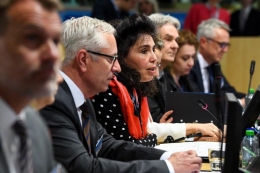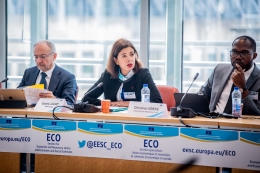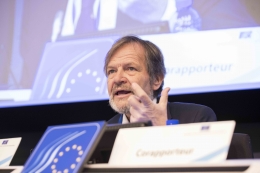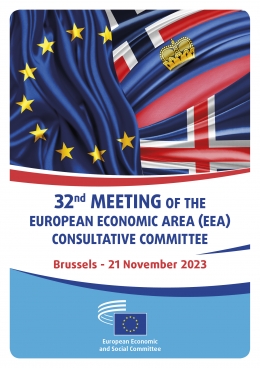European Economic
and Social Committee
Európsky hospodársky priestor
Európsky hospodársky priestor (EHP) združuje členské štáty EÚ a tri štáty EZVO, ktoré sú členmi EHP (Island, Lichtenštajnsko a Nórsko) na vnútornom trhu, ktorý sa riadi rovnakými základnými pravidlami. Cieľom týchto pravidiel je umožniť voľný pohyb tovaru, služieb, kapitálu a osôb v celom EHP v otvorenom a konkurenčnom prostredí. Dohoda o Európskom hospodárskom priestore nadobudla platnosť 1. januára 1994.
Poradný výbor Európsky hospodársky priestor (PV EHP) je súčasťou dohody o EHP (článok 96) a bol zriadený v roku 1994, keď dohoda vstúpila do platnosti.
